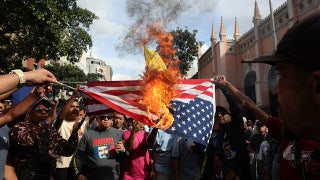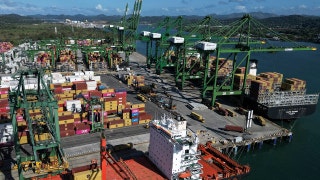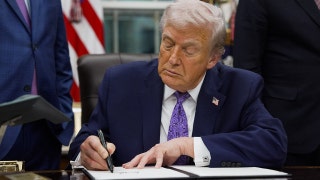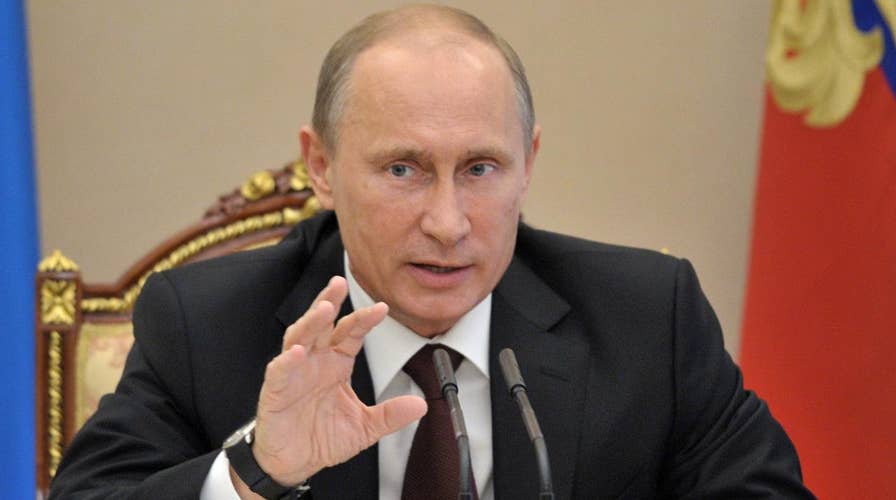Rep. Devin Nunes, chairman of the House Intelligence Committee, last week accused Russia not only of meddling in the U.S. elections, but also having a hand in Europe’s political contests.
From Bulgaria to France, there are allegations of Russian hacking and the relentless release of fake news items to shape a particular narrative, or help a certain candidate. Russia denies it all.
But what Russia cannot deny is its relationship-building with European political candidates of its choosing. Gone are the days of Moscow bonding with the left. New allies tend to be right wing, populist, nationalist and anti- EU.
French presidential hopeful Marine Le Pen visited the Russian President yesterday in Moscow. She has said she would like to see France out of the European Union. Le Pen Friday called for better relations with Moscow, and an end to sanctions.
"It's the world of Vladimir Putin, it's the world of Donald Trump, in the United Sates; it's the world of Mr. Modi in India," Le Pen said, referencing men who might be grouped as nationalists.
Putin Friday said he was not endorsing the National Front candidate, nor did he want to interfere in the French election, but feels free, as other world leaders do, to meet with any candidates. In the past, when Le Pen's National Front needed cash, Russia loaned it. This time, both Le Pen and Putin's spokesmen were quick to state that money didn't come up.
Meanwhile, in Milan, the Northern League leader Matteo Salvini told me he is very fond of Vladimir Putin, and also recently traveled to Moscow. There, he signed an accord of understanding with Putin's party. He said he would rather hitch his wagon to Russia than to the European establishment.
"They don't have fear," Salvini told Fox News. "They were the first to go to Syria to fight ISIS. They are resisting economic sanctions, which don't make sense, and are not just damaging the Russian economy, but also the European one. Because they have clear ideas on the fight against terror, how to deal with illegal immigration, on the future of jobs, even for Europe, which makes me look more toward them than toward Merkel," he said.
Salvini's party is not expected to win more than 10 percent of votes in the next national election in Italy, but he, by many accounts, is a player in Italian politics. When I asked what he thought about U.S. concerns and allegations about Russian hacking, and attempts to influence the American election in November, he said, "Fortunately, people vote freely, according to their conscience, for Brexit, for Trump, for Le Pen, for Salvini, without Russian interference or funding, which doesn't exist."
Some suggest Russia, isolated from much of Europe, may just be seeking alliances where it can, and trying to insert the argument for lifting sanctions into the European debate. Others say Moscow is trying to destabilize a fragile EU, turn its focus inward, and keep it from having a unified external policy, particularly when it comes to the Kremlin.









































